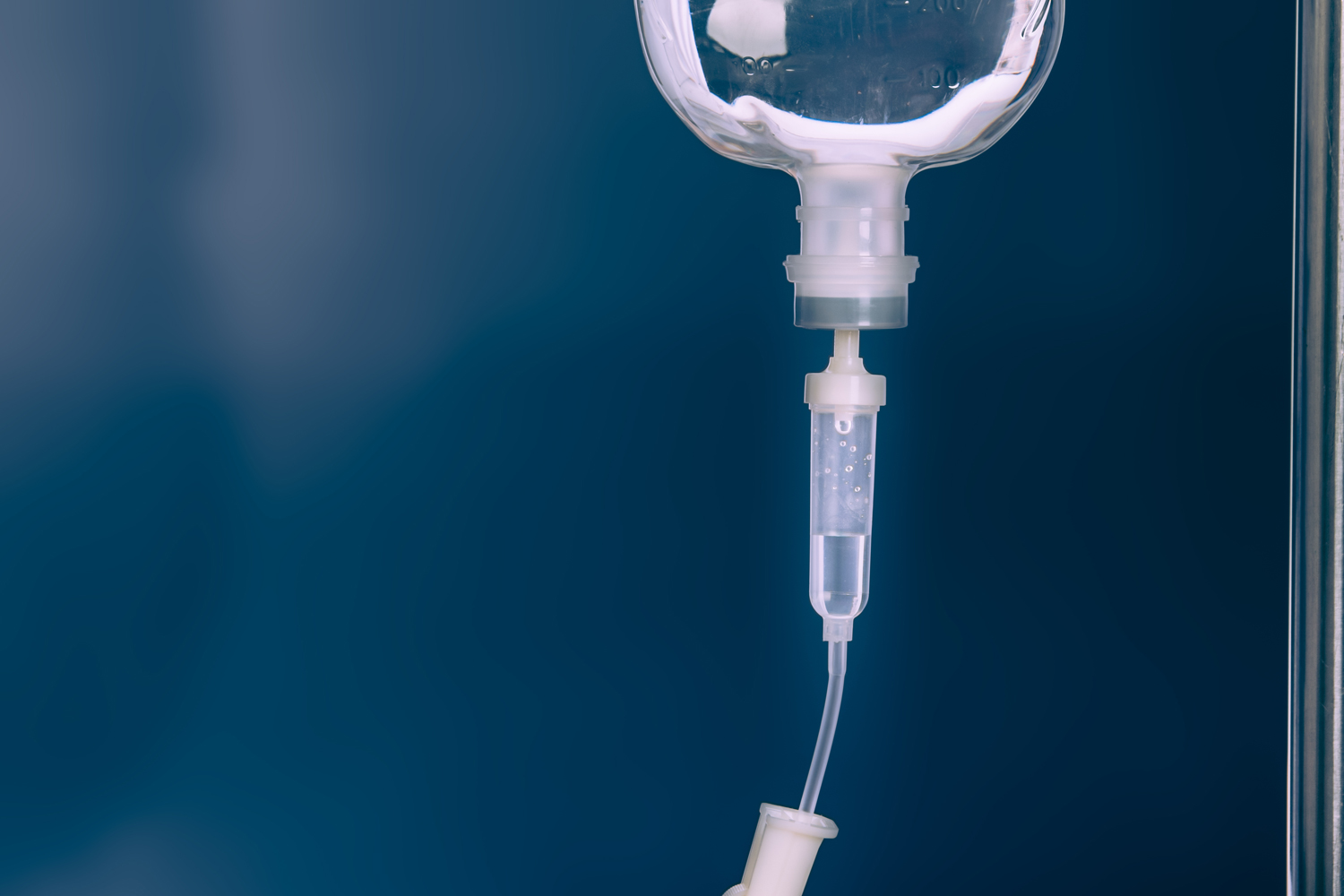OVER THE PAST FOUR YEARS, treating advanced melanoma with the groundbreaking immunotherapy medication Keytruda (pembrolizumab) after surgery has become the standard of care. “It’s exciting that Keytruda is now available in the field of melanoma treatment,” says Patrick D. Ott, a medical oncologist and the clinical director of the Melanoma Center at Dana-Farber Cancer Institute in Boston.
Keytruda uses your own immune system to detect and fight cancer cells. In a treatment protocol known as adjuvant therapy, after all operable signs of cancer are surgically removed, medication is given to prevent cancer from returning. For melanoma, surgery has been followed by 18 doses of Keytruda—one dose every three weeks for about a year. But a new treatment protocol is emerging that alters that timing: giving three doses of Keytruda before melanoma surgery followed by 15 doses of Keytruda after surgery for a total of 18 doses. Known as neoadjuvant therapy, adding some doses before surgery is proving to be a more effective way to treat melanoma.
In a double-blind, randomized phase II clinical trial, presented at the European Society for Medical Oncology annual meeting in September 2022, 313 patients with stage IIIB to stage IV operable melanoma were randomized to receive either the standard-of-care adjuvant therapy—surgery followed by Keytruda every three weeks for a year—or neoadjuvant therapy—three doses of Keytruda before surgery, then Keytruda every three weeks for almost a year after surgery.
“Patients got the exact same treatment, just sequenced differently,” says the study’s principal investigator Sapna Patel, a medical oncologist and the director of the Uveal Melanoma Program at the University of Texas MD Anderson Cancer Center in Houston. If Keytruda shrank melanoma before surgery, patients still received the same surgery they would have had without neoadjuvant therapy. “We’ve learned from breast cancer that giving chemotherapy before surgery, then performing a smaller surgery because tumors got smaller, can sometimes lead to more recurrences. That was a variable in the study we wanted to eliminate,” Patel says.
The three doses of Keytruda before surgery paid off. There was a substantially lower risk of the cancer coming back among patients who received the neoadjuvant treatment, compared with those who received adjuvant treatment. Moreover, in about 20% of patients treated with Keytruda before surgery, their original tumors disappeared completely before surgery to remove the original tumor bed.
The results of the randomized phase II trial don’t necessarily meet the level of evidence to garner an approval from the Food and Drug Administration, Patel says, but it may be enough to get a high recommendation from the National Comprehensive Cancer Network or international melanoma treatment guidelines.
Ott, who was not involved with the study, agrees. “The results of this study are compelling,” he says. It adds support to a previous study in which patients with advanced melanoma were given one dose of Keytruda before surgery. “From that study, we learned that roughly 30% of patients had a great response, and [their] melanoma never recurs,” Ott says.
With positive evidence mounting, the use of Keytruda before surgery in patients with advanced melanoma is already being implemented in clinical practice. “We are definitely using this now in the right patients,” Ott says.
Unfortunately, not every patient with advanced melanoma will respond to Keytruda before or after surgery. “A single immunotherapy agent isn’t effective for everyone,” Patel says. In both arms of the study, there were patients with melanoma whose cancer advanced despite taking Keytruda, and it’s not possible yet to tell which patients won’t respond to the treatment. “Those patients may need escalated doses of Keytruda or combination therapies,” Patel say, adding that more research needs to be done.
Meanwhile, Ott advises patients with advanced melanoma to ask their doctor or medical oncologist about neoadjuvant therapy with Keytruda if it’s not offered as a treatment option.
Cancer Today magazine is free to cancer patients, survivors and caregivers who live in the U.S. Subscribe here to receive four issues per year.





